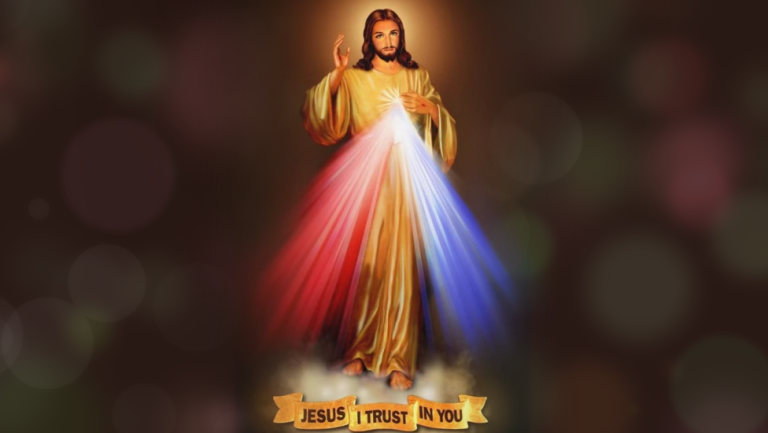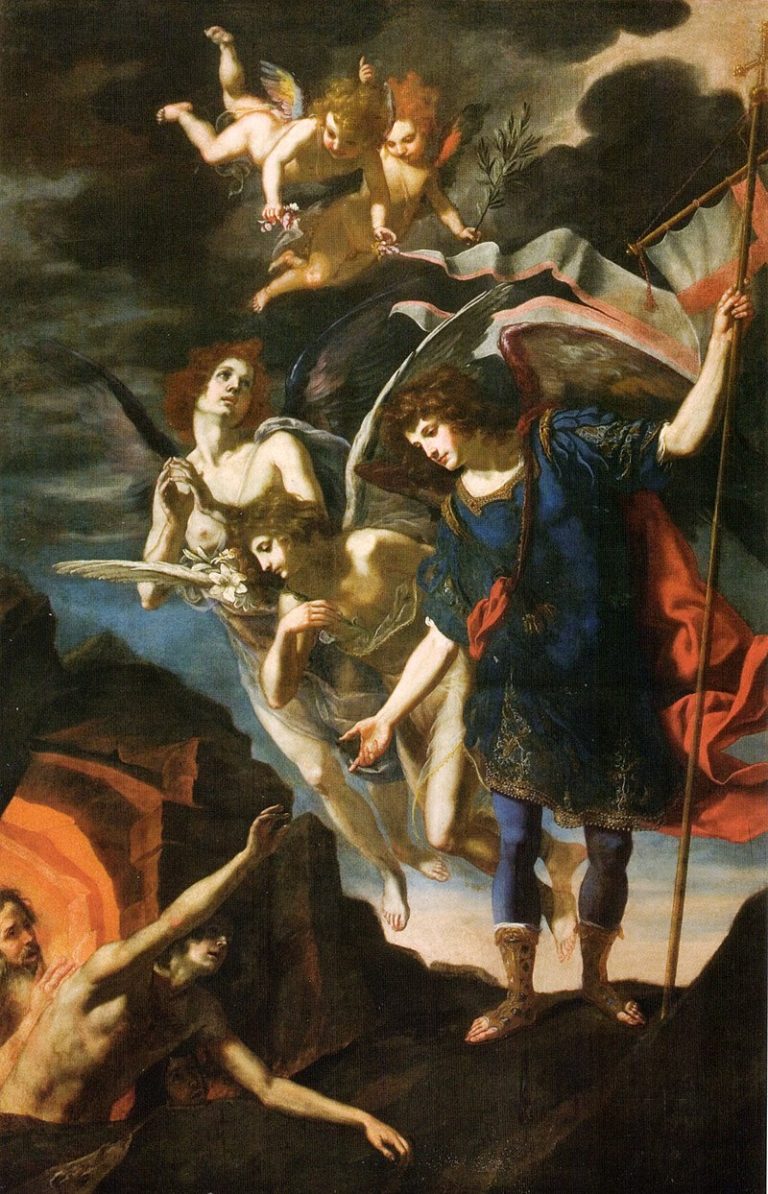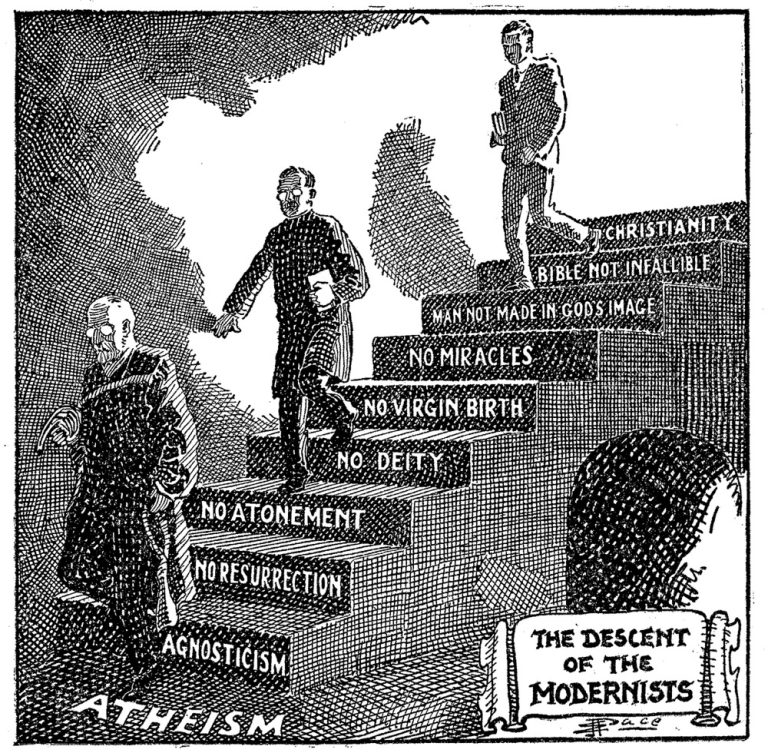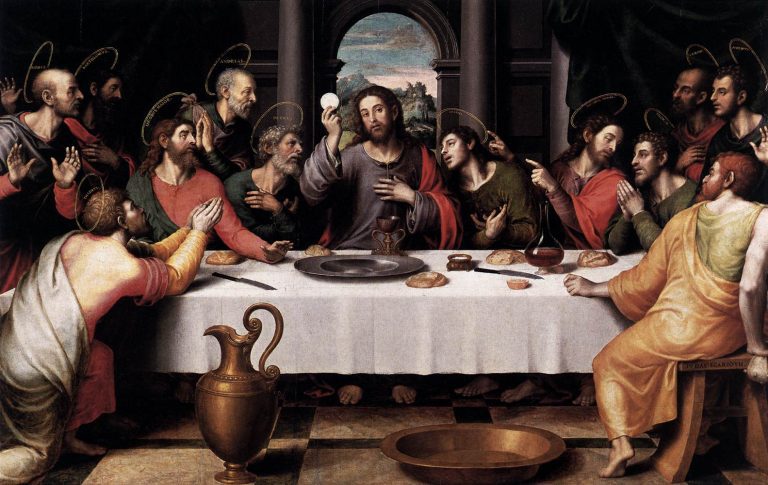Few think much about: The origins of the word “protestant”. It has in many minds, a positive meaning. It is associated with those who care enough to “protest”.
Since we usually think of protests as being against injustice, oppression, and tyranny, the word “protestant” may be taken, on a sub-conscious level, to have positive connotations.
As the wave of European schisms began flaking off from The Church in the 1500s, the early marketing gurus didn’t know what to call themselves. They had a classic marketing problem.
Those in favor of schism could not totally separate themselves from The Roman Catholic Church. That would alienate supporters who wanted to go to Heaven. Those who could be led to leave The Church had to think they were being provided with the same, or better, chances of going to Heaven if they supported the schism of their time and place.
Those behind the schismatic movement were genuinely puzzled. “What should we call ourselves?” Various alternatives were considered. “We cannot call ourselves ‘Lutheran’ because we are working in nations outside of Luther’s Germany. We cannot call our movement ‘Calvinist’ because some are already identifying themselves as ‘Presbyterian’. We need a name for the entirety of our schismatic movement to encompass every single schism. What all-inclusive name will work best? Our future depends on it.”
The word “schismatic” was suggested. Though perfectly descriptive, it was not thought to have any attractiveness that overcame its negative connotations. “Independents” was thought to be threatening to the various state groups. They didn’t want too much “independence”.
Those who were pushing the overthrow of Catholic structures to provide land, buildings, movable property, and opportunities for themselves knew they needed a better name.
“What will we call ourselves?”, high-level schismatics asked. “Reformers”? There’s really not much to “reform” about The Church, with their vows of poverty, chastity, and obedience? “Purists”? That won’t work. Without requiring our own hired clergy to take those same vows, we can’t very well call ourselves “Purists”. We can’t do that. The people who want jobs in our schism aren’t about to take such vows. Not having those vows encourages our kind of people to want jobs in our clergy.”
Some suggested “Levelers”. That was rejected. “It’s too threatening to rich people. They might be driven back to The Roman Catholic Church if their wealth is threatened.”
“I’ve got it!”, said one of the smarter schismatics. “Let’s tell the fools that we are ‘Protestants’! They will believe it.”
“What, exactly, are we protesting?”, asked the dimmer schismatics.
“What are we protesting? Anything we want! That’s the brilliance of it! No matter what our opponents’ position is, we always have an excuse to be ‘protesting’. Think of the job security!
“Wow! No matter what position we face, we can ‘protest’. People will have to pay us so we don’t start protesting against them! And, we will provide generations of bitter people with a reason for being that exalts the very worst parts of their wretched natures! We can generate cash flows for centuries! Each national schism could have its own name. Europe’s spiritual unity can be destroyed under the umbrella of Protestantism.”
No one asked what funding sources would benefit by that.
The brilliance of calling themselves “Protestants” sank in. It was recognized as a perfect triumph of branding. The name fit their personalities and purposes so well that none of the schismatics could think of a single reason to protest.








